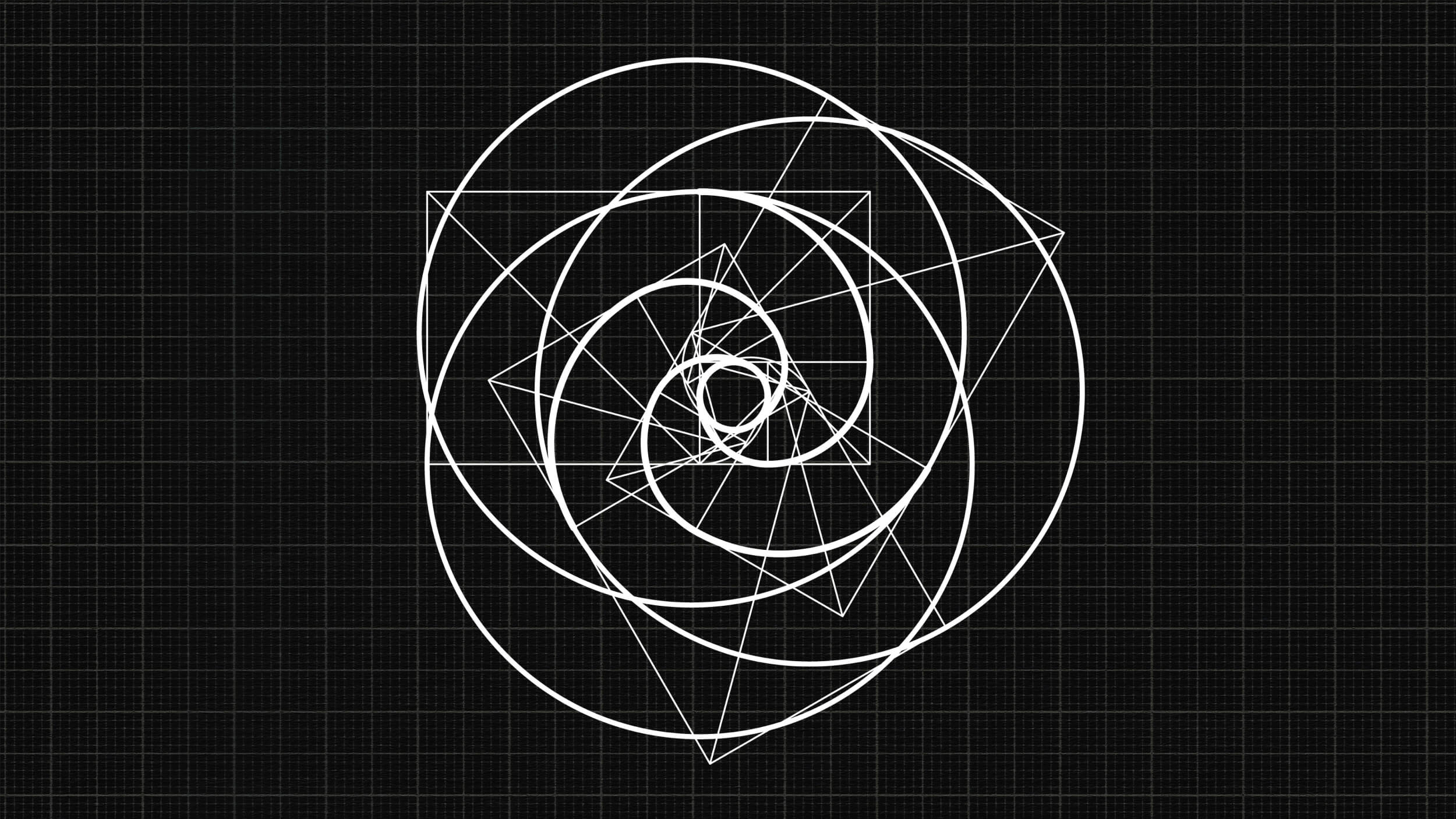Alain de Botton sees literature as a series of lenses that can significantly change the way you view the world.
AlaindeBotton: I think the way to look at literature is as an instrument that sensitizes us to different things. We all know that if five different people are asked to describe one scene, they will all describe it differently. Some will describe the light, others will focus on what people’s feet were doing, others will look at the, you know, material, shape of the room or whatever. A great writer picks up on those things that matter. It’s almost like their radar is attuned to the most significant moments.
What literature is about is a record of people with very sophisticated radars who are picking up on the really important stuff. The interesting thing is that, for me, that radar is not something we should simply passively accept while we read the book. It’s something we should learn from. We should shut the book and then say, “Okay, I’ve read Jane Austin or Proust or Shakespeare and now I’m going to see my mother or I’m going to have a chat with my aunt or I’m going to go and, you know, talk to some friends in a coffee shop, and rather than just doing it the normal way, I’m going to look at them and I’m going to ask myself that basic question, ‘how would Jane Austin see them? How would Proust see them? How would Shakespeare see them?’”
In other words, I’m not just going to look at the world of Shakespeare or Jane Austin through my eyes, I’m going to look at my world through their eyes. That is the benefit that is the intelligence giving power of great literature. We are sensitized by the books we read. And the more books we read and the deeper their lessons sink into us, the more pairs of glasses we have. And those glasses will enable us to see things that we would otherwise have missed.
Directed / Produced by
Jonathan Fowler & Elizabeth Rodd





